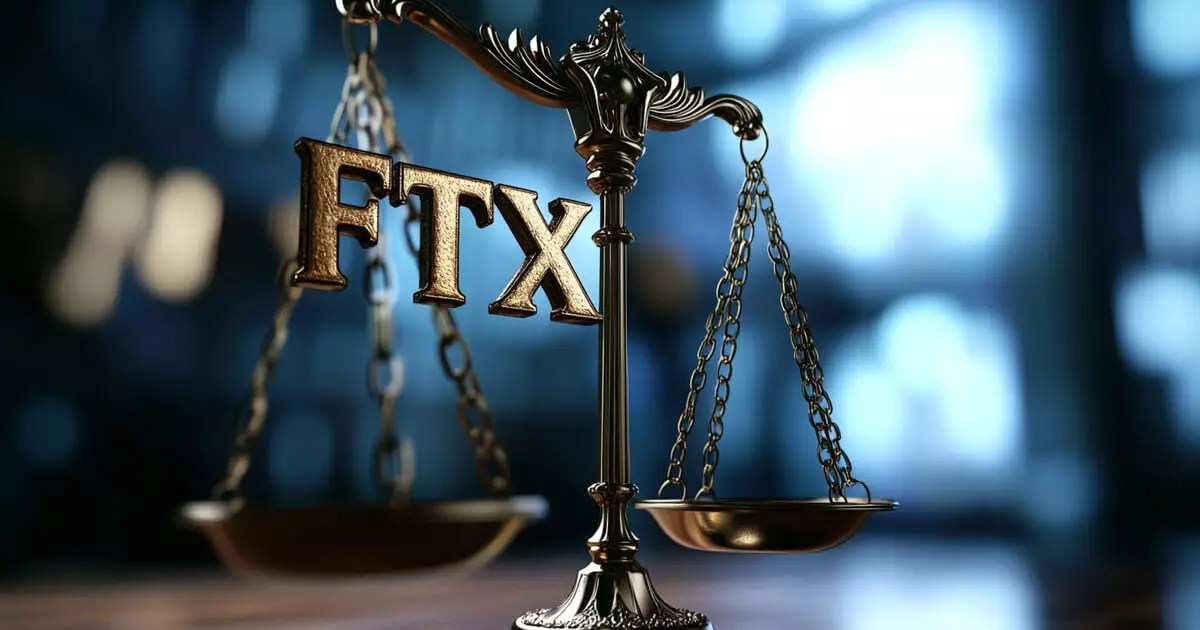The unraveling of FTX, a cryptocurrency exchange that had quickly risen to prominence, has left a profound mark on the financial landscape. As U.S. prosecutors delve into the aftermath of the scandal, they are recognizing the significance of cooperation from former FTX executive Nishad Singh. A recent court filing from October 23 highlights how Singh’s willingness to assist the authorities is considered not merely beneficial but substantial enough to warrant leniency in potential sentencing. This cooperation appears to stem from genuine remorse and a desire to rectify the repercussions of his past actions.
Singh’s contributions have reportedly been central to illuminating the inner workings of FTX, particularly how its systems were manipulated, leading to the misappropriation of customer funds. His insights into the operations of former partners, particularly Sam Bankman-Fried, have reportedly unveiled details surrounding massive financial misdeeds, including alleged campaign finance violations of unprecedented scale. The gravity of these violations, coupled with Singh’s revelations regarding falsified financial statements, paints a picture of extensive malfeasance that transcended mere operational inefficiencies, embedding deeper ethical quandaries.
A Comprehensive Approach to Legal Accountability
The prosecutors have indicated that Singh’s cooperation has gone beyond standard cooperation; he has reportedly met with the government multiple times, dedicating significant hours to meticulously examine documents, computer codes, and other materials crucial to the investigation. This extensive commitment emphasizes a thorough approach to legal accountability, where the goal is not just to resolve individual culpability but also to understand the broader implications and systemic failures within a high-stakes environment like FTX.
Singh’s actions become even more critical when considering the legal framework guiding the prosecution. Section 5K1.1 of the U.S. Sentencing Guidelines, which allows for potential sentence reductions in light of substantial assistance to investigations, has highlighted the nuance in judicial discretion. The application of this section incorporates a variety of conduct and circumstances, suggesting that the legal system is prepared to acknowledge the flow of information from insiders as a critical tool in rectifying financial misconduct.
The Implications for Singh and Other FTX Executives
As Singh awaits sentencing, currently scheduled for October 30, his legal team has advocated for a “time served” sentence, emphasizing his limited role in the disintegration of FTX and arguing his proactive measures that averted even more significant fallout, such as regarding FTX Japan. The contrasting outcomes for Singh and his more culpable counterparts, like Bankman-Fried, Caroline Ellison, and Ryan Salame, might represent a tiered approach to justice, where cooperation ostensibly warrants a lighter penalty in exchange for accountability.
This situation raises essential questions about the nature of responsibility in corporate governance and ethics in the financial industry. The FTX fiasco serves as a cautionary tale regarding the accountability of not just individuals, but corporate structures as a whole. Whether this case will instigate reforms in regulatory frameworks or organizational oversight remains to be seen. However, Singh’s narrative exemplifies an effort to reconcile personal failure with a pathway to rectifying broader injustices within the cryptocurrency sphere.
The unfolding story of Nishad Singh within the FTX investigation encapsulates a complex intersection of remorse, cooperation, and the evolving nature of legal accountability in the aftermath of one of finance’s most notable failures.


Leave a Reply